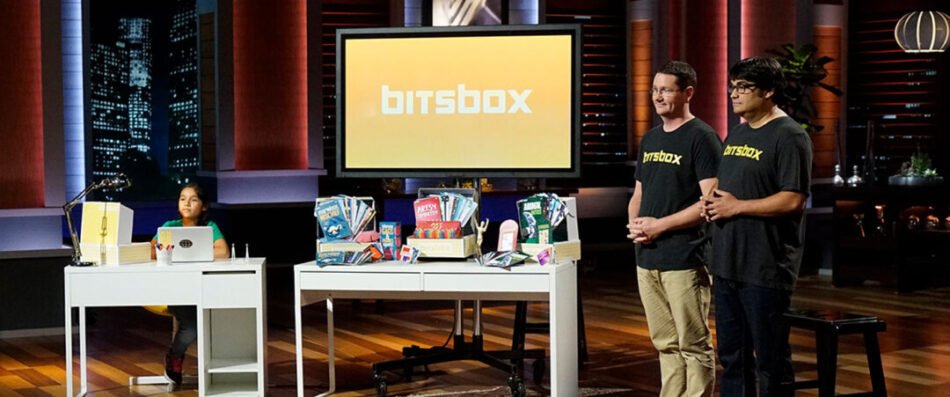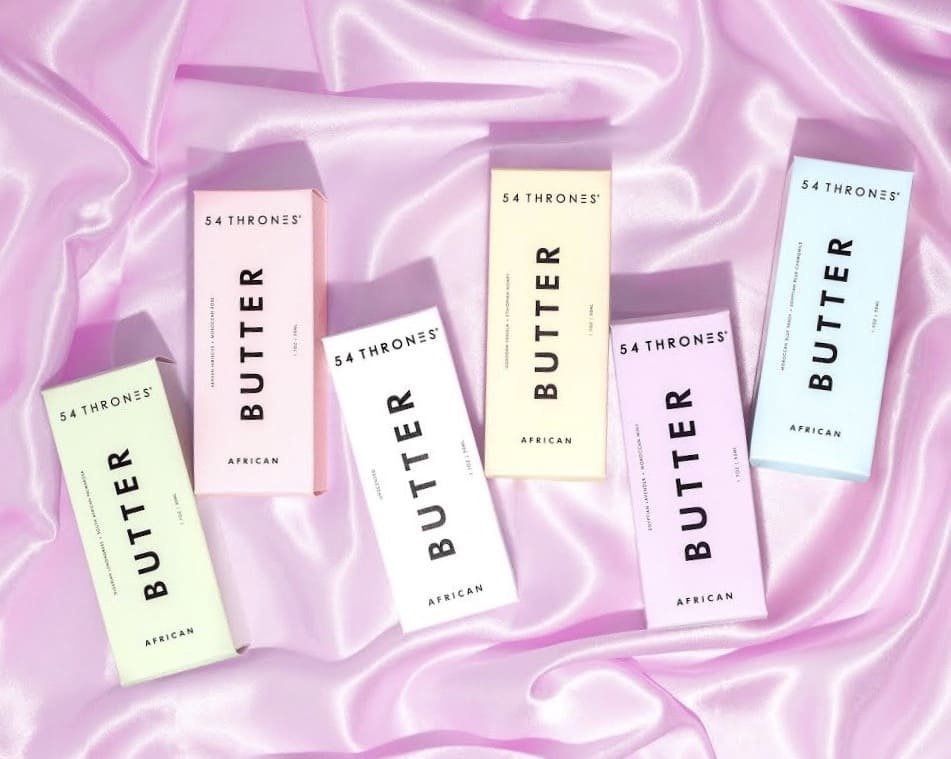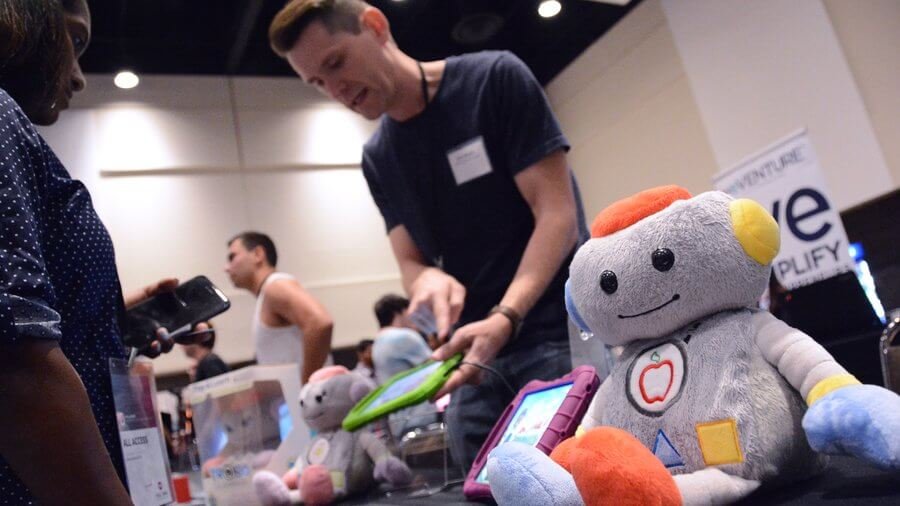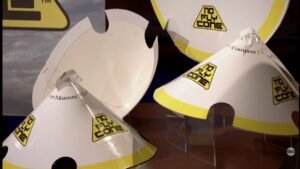Let’s cut through the noise: Celebrity brands. Shark Tank cameos. Big asks with tiny equity. We’ve seen all of this before. So, did MOSH just cash in on famous faces and get lucky… or did these founders have a real business ready to tussle with sharks?
Let’s see what really happened behind the scenes, after the lights faded and the Instagram buzz cooled off. Because this pitch wasn’t just about granola bars—it was about brains, billions, and business guts.
Contents
ToggleFounders: From Celebrity to Startup Scrappers
Let’s call a spade a spade: A Kennedy scion and an action-hero’s kid get meetings most of us never will. Maria Shriver cut her teeth in newsrooms long before family tragedies made brain health her main stage. Patrick? Grew up with celebrity but knows a thing or two about CPG startups—he’s had skin in the game with businesses before, from Blaze Pizza to wellness brands.
But here’s the thing I respect: They didn’t just show up for photo ops. Both put over $1 million of their own money on the line before even sniffing the tank. No salaries, either. That’s not Hollywood hobbyist energy—that’s founder hustle.

Shark Tank Pitch: What Really Happened in the Tank
Now to the pitch, where the real games get played.
MOSH came in hot: $500,000 for a slim 2% stake. Simple math: $25 million valuation. Cue the sharky squints.
Did they get grilled? Oh yeah. The Sharks didn’t let celebrity blind them. They wanted to know:
- Why so much for so little?
- Who’s really running the show day to day?
- Is this another Zoom call brand, or are you in the muck?
Maria and Patrick didn’t blink. They led with the Alzheimer’s mission, protein bar differentiation (Omega-3s, Lion’s Mane mushrooms), and threw $10 million in sales on the table in the past two years. For context, that’s better than 95% of the food startups I know who pitch Shark Tank.
The big reveal: 11,000 monthly subscribers, $675K in revenue in the month before filming (burning $150K of that on marketing). Projected $7 million this year, $11.5 million next. That’s not just “influencer with a Shopify store” stuff.
MOSH Numbers: Sales, Subscriptions, and Growth
This is where SharkWorth and real operators get interested: Show me your numbers.
- Sales: $10M online over two years, $675K in a month… That’s volume.
- Subscribers: 11,000 monthly—recurring revenue, which any SaaS founder would admire.
- Burn: $150K monthly on marketing. That’s big. Margin for error drops.
- Cost per bar: $0.93 landed. Retail: $2.99 online, $3.39 in-store.
- Team: Five full-timers. No founders on the payroll. Lean, but maybe too lean.
- Profit: Not profitable—blame marketing (and scale bets).
The founders had put in $1M+ of their own cash. Friends and family: $1.5M. Series A: $4M. Total raised? $6.5M in, pre-Shark Tank. They weren’t asking for mercy. They wanted gasoline for a fire they’d already started.
MOSH Net Worth: How Big is This Business?
Let’s not get drunk off self-valuation. $25 million sounds wild for a two-year-old bar startup, even with $10M in online sales. But this wasn’t a cap table built on dreams alone.
Investors saw something before the Sharks did—$6.5 million committed outside the tank, not all from rich relatives. With hard DTC revenue and a growing subscriber base, it’s a bigger brand than you might expect.
Does the $25M hold up post-Shark? That’s always trickier. The math says yes for now, especially since Lori Greiner bit at 3.5% plus a 0.5% advisory chunk (which values MOSH close to that $14M–$25M range depending on side clauses).
SharkWorth agrees: Don’t just eyeball the headline, watch what happens in follow-on rounds, retail expansion, and margin control. It’s easy to look pretty on TV; it’s another thing when the venture guys want their money back.

Deal with Lori Greiner: What Changed Post-Shark Tank?
Let’s talk deal terms. On camera, Lori came in at $500,000 for 6%. Maria and Patrick—like seasoned negotiators—pushed back. They didn’t want to crater their cap table just for camera candy.
So, 3.5% equity, plus a 0.5% advisory share, closed the deal. Lori gets a solid seat at the table, but MOSH keeps its worth high enough for later rounds. I’ve seen founders blow these moments—panic, or act cocky. These two played it like operators, not rookies.
Lori’s value here isn’t just cash. It’s retail access, QVC playbooks, press, and maybe—just maybe—helping them crack into brick-and-mortar faster than their competition.
Product Deep-Dive: Why These Bars Stand Out
Let’s get real: Protein bars are a mosh pit of copycats. So what’s different with MOSH?
- Functional Ingredients: They baked in Omega-3s and Lion’s Mane mushrooms—trendy, but also with science behind brain health.
- Mission Matters: Tying every bar to Alzheimer’s research is not just PR—it’s a loyalty engine for neuro-health-savvy shoppers.
- Pricing and Margins: Selling at $2.99 online ($3.39 in stores) with a $0.93 cost per bar gives them room to pay for premium branding and absorb some of that aggressive marketing spend if repeat purchases stay high.
Is this a Bombas socks strategy? Kind of—the mission-first, feel good by buying play. But the repeat purchase path is tougher in food, so the risk is up.
MOSH’s Current Status: Is the Hype Real or Just TV?
Months after the curtain closes, most Shark Tank startups lose their spark. Not MOSH.
Actual growth has held. Their core DTC game is alive and kicking, subscribers are sticking around, and stores are starting to show interest. Lori Greiner’s rolodex is working. The Alzheimer’s mission—especially highlighting the higher risk for women—has kept media and passionate buyers talking.
Big question: Can they translate a Shark Tank week into year-round sales? For now, yes—the brand is keeping its edge, pushing retail doors, and still putting proceeds into research. That’s the type of execution SharkWorth likes: show up, ship product, and keep headlines honest.
Conclusion: Lessons from the MOSH Shark Tank Run
What’s the real takeaway for founders scrolling this on their lunch break?
1. Famous names mean nothing unless you hustle like nobody knows you: MOSH leads with mission, then shows the math.
2. Don’t let a TV moment ruin your cap table: Maria and Patrick were firm. They took a legit deal, didn’t settle for Shark bait.
3. Own your numbers—and your story: They made brain health cool. That’s not easy, even with star power.
4. You can burn cash if you’re buying growth, not just noise: But the margin for error? Razor thin in CPG land.
5. Mission builds loyalty: If you want repeat buys, give people a reason that lasts longer than a protein craving.
I’ve seen plenty of founders get lost in the flash. MOSH is playing the long game. If they keep delivering, both on bars and the Alzheimer’s mission, they might just be one Shark Tank brand that lives up to its pitch.
Want more numbers, strategy calls, or behind-the-scenes takes? Stick with SharkWorth—for the real story behind the shows.
FAQs
1. Is MOSH Shark Tank still in business?
Yes, MOSH is thriving post-Shark Tank, expanding online and retail reach, and pushing the brain health mission harder than ever.
2. Did the deal with Lori Greiner actually close after the show?
The handshake deal with Lori (3.5% plus 0.5% advisory for $500K) held strong. Lori’s now on the MOSH team.
3. How much has MOSH raised in total funding?
MOSH has raised over $6.5 million before Shark Tank—founder funds, friends and family, and a proper Series A.
4. Are MOSH bars profitable yet?
Not yet. High marketing costs are keeping profits out of reach for now, but margins per bar leave room when growth steadies.
5. Where can I buy MOSH protein bars now?
Order on MOSH’s website or find them at select retailers—more stores are coming, especially with Lori’s push.
6. What sets MOSH apart from other protein bars?
Brain-healthy ingredients (Omega-3s, Lion’s Mane), honest story, and a real mission to fight Alzheimer’s. Fewer “just protein” promises.
7. Do they really donate to Alzheimer’s research?
Yes—each bar sold helps fund Alzheimer’s research, especially focused on women, Maria Shriver’s lifelong cause.
8. Are the founders hands-on day to day or is this just a celebrity brand?
Maria and Patrick are active: no salaries, real investment, and constant brand building. This isn’t a logo slap.
For more straight talk and Shark Tank breakdowns, SharkWorth cuts through the PR. Follow the growth. Learn the real moves.










